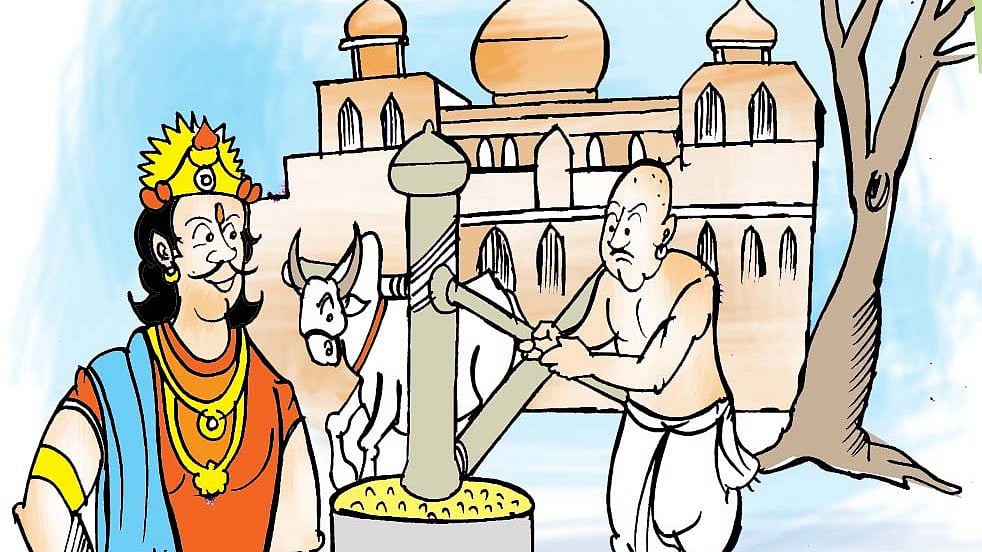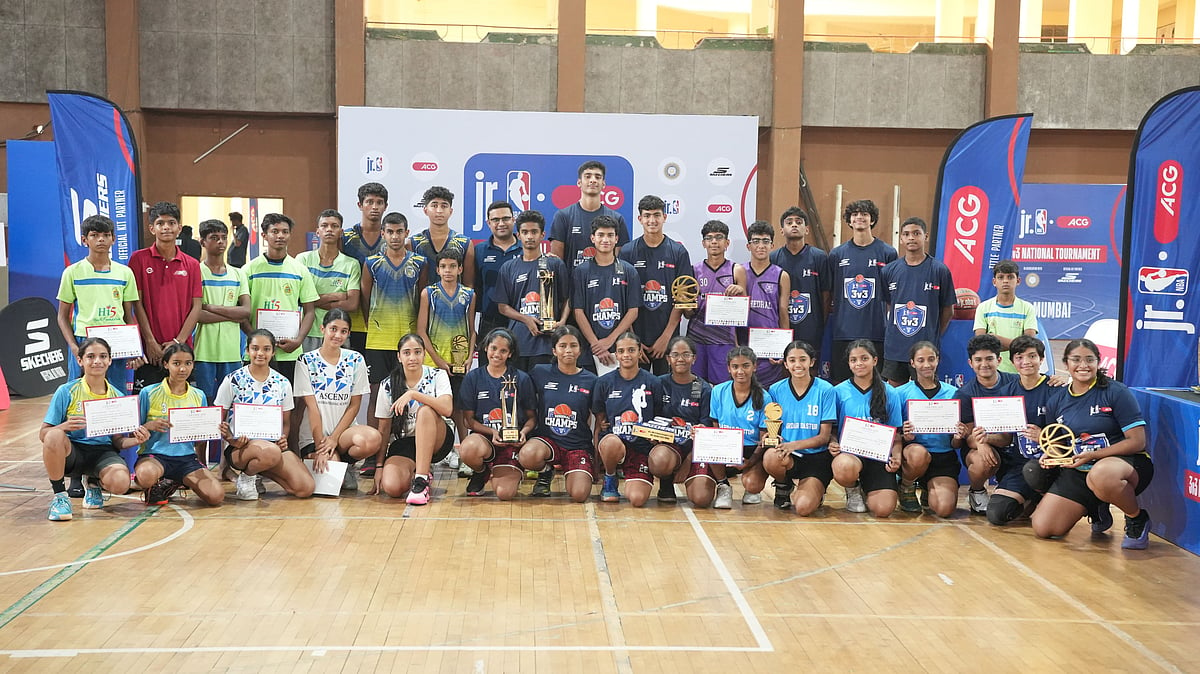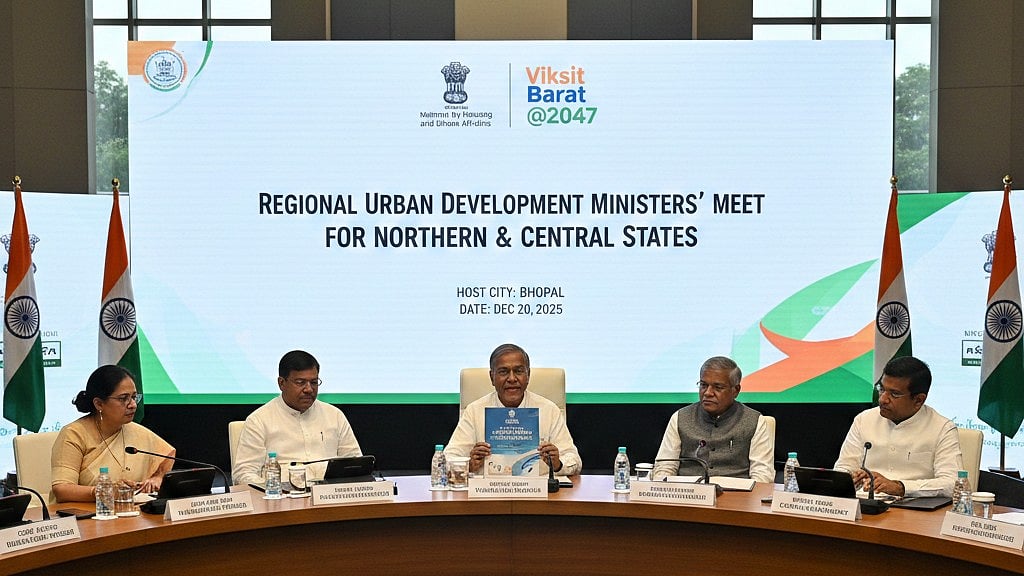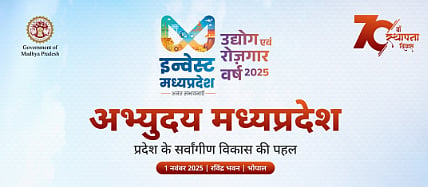Bhopal (Madhya Pradesh): A student, hearing the proverb 'Kahan Raja Bhoj Kahan Gangu Teli' for the first time, wants to know from his teacher about Raja Bhoj and Gangu Teli.
The reply the students often get is that Raja Bhoj was a powerful king of the Malwa region of Madhya Pradesh in 1010 CE, and Gangu Teli was an oil presser.
So, the proverb signifies a comparison between someone significant and someone insignificant.
In terms of figure of speech, the proverb is an implied comparison or an analogy with a touch of irony.
A long time has passed since Raja Bhoj and Gangu Teli drifted into the cold chasm of age, but no winter has been able to beat this proverb. The axiom exists in literature, poetry, Bollywood songs, and even in the daily conversation of the common man. But the maxim has the connection with the Malwa region and the capital of Madhya Pradesh, Bhopal, which was part of Raja Bhoj’s kingdom.
This saying is heard everywhere – from Yantralay (workshops) to Mantralay – in the state capital.
Whatever our teachers may have told us about the origin of this phrase, it has a storied past.

Besides delineating the condition of an ordinary man, the maxim refers to two kings – Gangeya Deva and Tailapa II or Taila – whom King Bhoj handed a humiliating defeat.
King Gangeya Deva was called ‘Gangu’, and King Tailap was called ‘Teli’.
Ergo, the adage means there is no comparison between Raja Bhoj of the Parmar dynasty and Gangeya Deva of the Kalachuri dynasty and Tailapa II of the Western Chalukya Empire.
Gangu Teli has another curious story: a commoner, Gangu Teli, sacrificed his wife and child during the erection of Panhala Fort, Kolhapur, Maharashtra, where Raja Bhoj used to hold court.
The legend says by sacrificing his wife and child, Gangu Teli stopped the fall of the fort wall, after which the king honoured him.
Thus, the story of Gangu Teli, who may be a common man or two kings, has been associated with Raja Bhoj.
Gangu Teli has also found a place in the works of poets and novelists as a common man who toils from dawn until sunset to earn a living.
The maxim, if rendered into English, though absurd, will be: where is King Bhoj, and where is Gangu Teli? The saying signifies that there is no comparison between a man on the street and a person of high stature.
There is, however, a modern interpretation of the aphorism, which says it has originated from a Sanskrit text, Kalpa-druma-kalika, an analysis of the Jain text Kalpa-sutra.
The legend of Gangu Teli, related in the Kalpa-druma-kalika, is that a scholar from South India, Bhattacharya, defeated most of the sages in Gujarat in Marwar.
He then arrived at Ujjayini, or modern Ujjain, in MP, and defeated all the scholars, including Bhavabhuti, in the court of Raja Bhoja.
The defeat of his scholars worried the king so much that he began to search for a person to defeat Bhattacharya. The king met a one-eyed oil presser, Ganga Teli, who told him that he would defeat the scholar.
Raja Bhoj then introduced Gangu Teli to the scholar, and the debate began.
Gangu Teli defeated Bhattacharya through a trick, and though it spawned laughter in the court of King Bhoj, it saved the prestige of Ujjain.
But the stories about the antiquity of the adage in Hindi and other North Indian languages are just probable. The story of Raja Harishchandra’s Punishment also refers to Gangu Teli. There is another story about the origin of the proverb in Ganga Datt Upreti’s Proverbs and Folklore of Kumaun and Garhwal.
Still, the story about the origin of the axiom historically refers to Raja Bhoja’s victory over Gangeya Deva and Tailap-II. Some scholars also relate the adage to the prejudices towards the lower castes.
Yet, there is little doubt that the maxim is connected to Madhya Pradesh, which scholars rarely disagree with.









